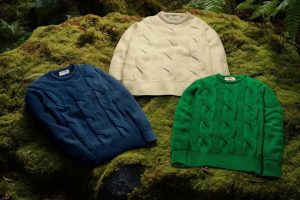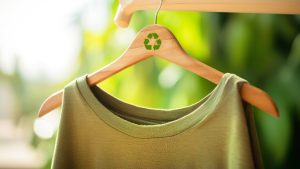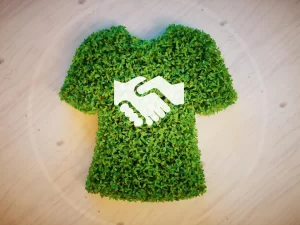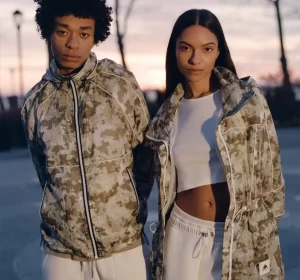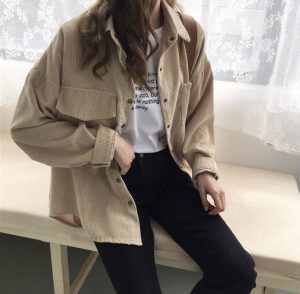“Sustainable Fashion Trends: Eco-Friendly Styles Making a Statement”

Title: Sustainable Fashion Trends: Eco-Friendly Styles Making a Statement
Introduction:
In recent years, the fashion industry has experienced a shift towards sustainability, with an increasing number of brands and consumers prioritizing eco-friendly practices and materials. From recycled fabrics to ethical production methods, sustainable fashion trends are making a statement by promoting environmental stewardship and social responsibility. Let’s explore some of the key eco-friendly styles that are shaping the future of fashion and making a positive impact on the planet.
1. Organic Cotton:
Organic cotton is one of the most popular and widely available sustainable fabrics in the fashion industry. Unlike conventional cotton, which is grown using synthetic pesticides and fertilizers, organic cotton is cultivated without harmful chemicals, promoting soil health and biodiversity. From t-shirts and jeans to dresses and activewear, organic cotton garments offer a soft and breathable alternative that’s better for the environment and safer for farmers and workers.
2. Recycled Materials:
Recycling is becoming increasingly prevalent in fashion, with brands incorporating recycled materials into their designs to reduce waste and minimize environmental impact. Recycled polyester, nylon, and other synthetic fibers are made from post-consumer plastic bottles, fishing nets, and other discarded materials, giving them new life in the form of clothing and accessories. From swimwear made from recycled ocean plastic to outerwear crafted from recycled polyester, recycled materials offer a sustainable solution to fashion’s waste problem.
3. Upcycled Fashion:
Upcycling involves repurposing and transforming existing materials and garments into new and unique pieces of clothing. From vintage denim jackets patched with reclaimed fabrics to handbags made from upcycled leather scraps, upcycled fashion celebrates creativity, resourcefulness, and sustainability. By giving new life to old materials, upcycled fashion reduces the need for new resources and minimizes waste, making it an eco-friendly and innovative trend in the fashion industry.
4. Ethical Production Practices:
Ethical production practices are an essential aspect of sustainable fashion, ensuring that garments are made in ways that prioritize the well-being of workers and minimize harm to the environment. Fair trade certification, living wages, safe working conditions, and transparency in the supply chain are some of the hallmarks of ethical fashion brands. By supporting brands that adhere to ethical production practices, consumers can contribute to positive social and environmental change in the fashion industry.
5. Slow Fashion Movement:
The slow fashion movement advocates for a more mindful and sustainable approach to fashion consumption, encouraging consumers to buy less and invest in high-quality, timeless pieces that are designed to last. Slow fashion prioritizes durability, craftsmanship, and longevity over fast-paced trends and disposable clothing. By embracing slow fashion principles such as repairing, repurposing, and recycling clothing, consumers can reduce their environmental footprint and support a more sustainable fashion industry.
Conclusion:
Sustainable fashion trends are not only making a statement on the runway but also making a positive impact on the planet and people’s lives. From organic cotton basics to upcycled statement pieces, eco-friendly styles are reshaping the fashion industry and inspiring consumers to make more conscious choices about what they wear. By embracing sustainable fashion trends and supporting brands that prioritize environmental and social responsibility, we can all play a part in creating a more sustainable and ethical future for fashion.
